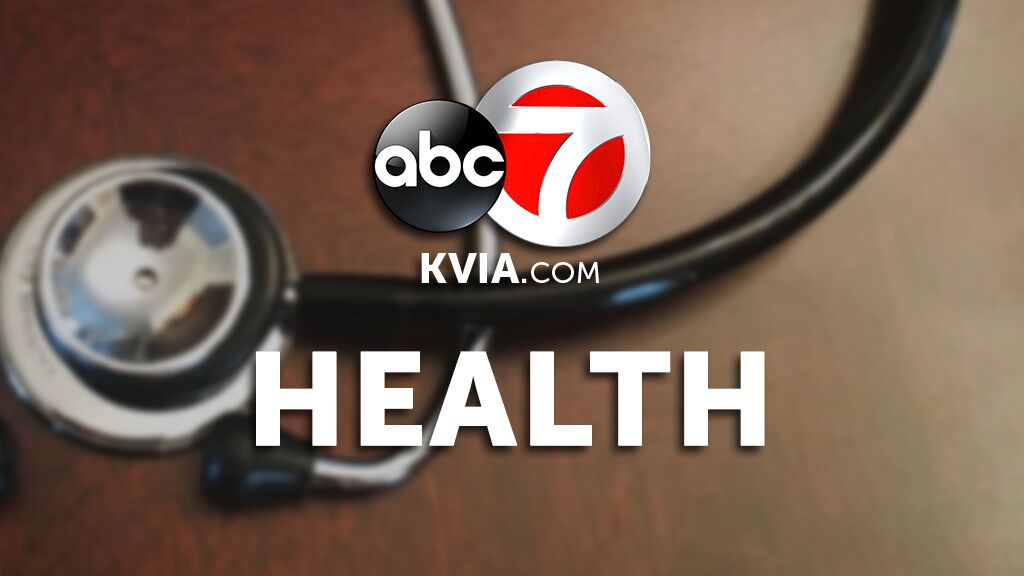Trump’s White House meeting on vaping results in contentious debate

The White House held a contentious, wide-ranging meeting on Friday to examine increases in youth vaping and the outbreak of vaping-related lung injuries currently sweeping the United States.
President Donald Trump served as moderator, listening as both medical professionals, parents’ groups and industry experts, including anti-tobacco and vaping activists, debated whether flavored e-cigarettes should be removed from the market.
Trump kept his arms crossed and watched attentively as representatives from both medicine and industry argued across the table about the idea of banning flavored vaping products.
Raising the vaping age to 21
Friday’s meeting comes as the administration is working on a policy that could impact the sale of flavored vaping products. Suspicions that it might back down from an earlier announcement that the policy would require the removal of all vaping flavors from the market, however, has drawn sharp criticism from multiple health and advocacy groups.
Vaping industry representatives have argued banning flavored products would curtail some adult smokers’ efforts to quit and put small vaping companies out of business, eliminating jobs.
One point of agreement among the participants was the idea of raising the age limit to purchase vaping products to 21, said Tony Abboud, executive director of the Vapor Technology Association, who attended the meeting.
“There was unanimity in the room that the age to vape and smoke should be raised to 21,” Abboud said, referencing an action plan that his association has developed and proposed called “21 and Done.”
When Abboud referenced increasing the age limit from 18 to 21 to purchase tobacco and nicotine vapor products, Trump said “I agree.” The president then leaned toward US Health and Human Services Secretary Alex Azar, sitting at his left, and quietly added, “We’re going to be doing that.”
Besides raising the age limit to 21, the Vapor Technology Association’s proposed plan includes restricting marketing practices and enforcing penalties for retailers that sell to minors, among other controls.
In the meeting, “what was interesting was that other than raising the age to 21, the public health advocates were virtually silent” on the other restriction proposals, Abboud said. “This is the fundamental problem that we have. They simply want a ban and nothing short of a ban and bans don’t work.”
A call to clear the market of flavors
Several health and parent groups — including the American Academy of Pediatrics, American Lung Association, Campaign for Tobacco-Free Kids and American Cancer Society Cancer Action Network, among others — issued a statement following Friday’s meeting that called for the Trump administration to remove all flavors from the vape market and make that removal apply to all retailers.
“Today, we reiterate our strong and united support for the Administration’s plan, announced in September, to clear the market of all flavored e-cigarettes including mint and menthol, and we urge the Administration to implement this plan without further delay and without weakening it,” the statement said.
“We urge the Administration to stand with kids and families by swiftly implementing its plan to clear the market of all flavored e-cigarettes,” the statement said in part. “This would represent truly historic action to protect the health of our nation’s children.”
On September 11, Trump said that the US Food and Drug Administration would put out “some very strong recommendations” regarding the sale of flavored e-cigarettes. At the time, Azar said the enforcement policy would require all e-cigarette companies to take their non-tobacco flavored products off the market, including mint and menthol.
The administration moved away from that position after Trump was told that banning flavored products would hurt him politically. A Trump campaign adviser told CNN’s Jim Acosta that Trump’s political aides, including campaign manager Brad Parscale, have warned him that such a ban may not be helpful with his base and that he should reconsider.
That prompted more than 50 health and advocacy groups to send letters to Azar and first lady Melania Trump calling for them to “stay the course.”
In Friday’s meeting, Trump inquired about a state-based approach to laws and questioned whether a national flavor ban would be reminiscent of alcohol prohibition in the 1920s.
“When you watch Prohibition, when you look at the alcohol, you look at cigarettes, you look at it all, if you don’t give it to them, it’s going to come here illegally,” Trump said. “That’s the one problem I can’t seem to forget.”
As the meeting continued, many vaping opponents pleaded with him to stick to his original flavor ban commitment.
Trump inquired about the benefit of vaping for adults who use e-cigarette products to help quit smoking. Debate erupted at the table around whether there is proof of a benefit, with someone yelling out, “Where’s the evidence?”
Azar addressed the issue of vaping benefits later in the meeting.
“A lot of statements have been made about e-cigarettes and those as harm reduction devices. There has been no evidence presented to the FDA to that fact, any manufacturer who makes that claim will be enforced against,” he said. “The process the Tobacco Control Act requires is bringing forth that evidence in the context of the premarket authorization.”
Questions remain around what happens next
Participants in the meeting now must wait to see whether the administration will issue some type of policy, especially as vaping among youth and an outbreak of vaping-related lung injuries continue.
As of Wednesday, there have been 2,290 cases of e-cigarette or vaping-related acute lung injury across 49 US states, the District of Columbia, Puerto Rico and the US Virgin Islands, according to the US Centers for Disease Control and Prevention.
Forty-seven deaths have been confirmed in 25 states and DC. The only state without a case is Alaska. Most patients have reported a history of using THC-containing vaping products.
